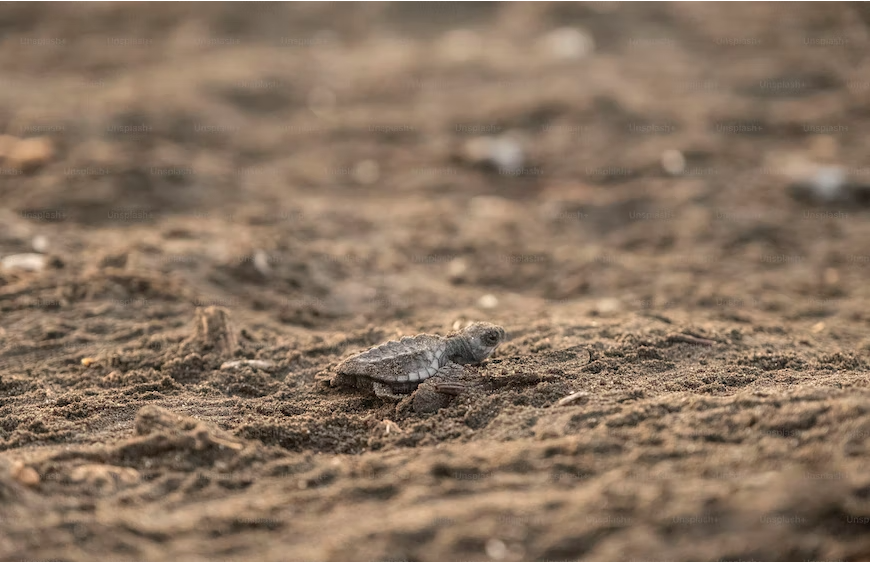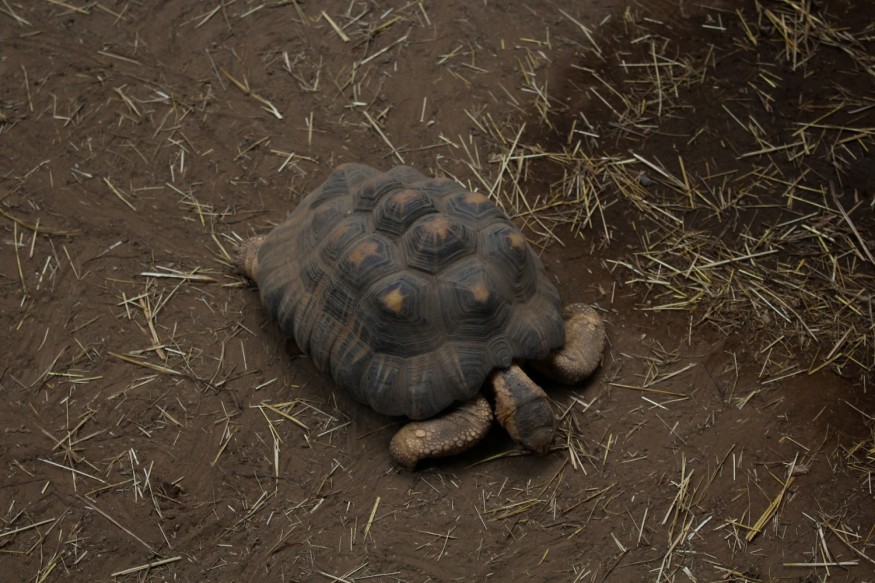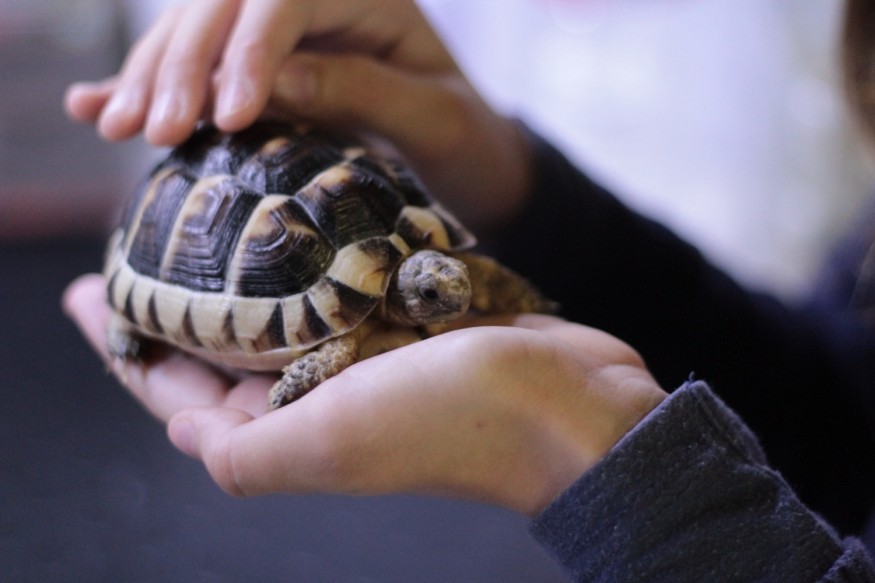
Turtles are quite a popular choice for people who purchase a pet for the first time. We agree that pets such as dogs and cats are the most popular. However, it is more than clear that turtles are becoming popular.
As is the case with any pets out there, the great responsibility comes with caring for turtles. Furthermore, these are widely considered a good choice for children. They are certainly perceived as more exotic options than goldfish or birds.
You should be aware that caring for turtles requires a good amount of maintenance and responsibility. So, we want to provide high-detailed answers to your questions and present tips to help you care for them properly.
Do Turtles Make Good Pets?

You are probably aware that there are different sorts of turtles out there. With that in mind, it is safe to presume that some of these sorts are better pet choices than others. According to the experts, we can see that the commonest sorts taken as pets are red-eared sliders, Reeve's, Caspian pond turtles, and Box.
All of these sorts are considered aquatic and semi-aquatic turtles. Those well-versed in these variants can distinguish between them by looking at the shells. Also, they differ in their lifespan. For instance, you will see that some live more than 25 years, while others can be as old as 80.
Furthermore, temperament is another aspect you should consider. Many people don't know that the turtles they see in the shops are usually juvenile and have much growing to do in the future. So, it is important to ask the seller how old the turtle is and how big they are expected to get.
How to Care for Your Turtle?

We want to discuss how you can properly care for your turtles.
Housing Requirements
The first thing you should consider is ensuring your turtles have proper housing. Several factors will determine the housing you will choose. It depends on size, sex, age, and various other things. Small ones can live properly in 20 to the 30-gallon enclosure.
Conversely, mature turtles will require between 60 and 120 gallons. Turtles are generally really skillful climbers. That's why you need to ensure a tall enclosure. Otherwise, you are risking them escaping the accommodation you provided to them.
We recommend you have at least one body length from the water's surface to prevent such scenarios. Regarding the amount of water, the best way is to have two-thirds of the enclosure dedicated to water.
Water Filtration Requirements
Keeping the water clean is essential to keeping your turtles healthy. Thankfully, there are numerous sorts of filtrations you can use for turtles. But the question is, what are the specifications you should look for to provide the quality of life for your pet through all the stages of its life?
The best combination you can find is a mix of mechanical and biological filtration. Even when you find a proper combination, it is important to test the quality of your water as frequently as possible.
Fortunately, obtaining these is quite easy these days. By performing these tests, you will prevent the buildup of toxins in the water, like ammonia. Plus, it is important to dechlorinate the water before it's ready for your pet.
Proper Diet
Different turtle species have different diet requirements. So, the best thing you can do is consult with a veterinarian before you do the feeding. Some of the species are carnivores, while others are herbivorous. Also, some of them are omnivores, meaning they are content with consuming both sorts of foods.
For instance, you can feed your herbivorous turtles with fruits and vegetables. You will find a lot of options you can come across. For instance, you can use tomatoes, kiwis, apples, kale, carrot tops, lettuce, spinach, and collard greens.
In addition, it is good to consider other veggies such as carrots, corn, or yams. When it comes to carnivores, there are countless options you can consider. But the commonest ones are slugs, snails, feeder fish, shellfish, and insects.
Ensure Proper Health
Certain turtle species are resilient to diseases. However, that doesn't mean you shouldn't be as careful as possible regarding the conditions you provide to your pet to prevent these diseases. Thankfully, achieving a proper level of hygiene is not a hard thing to do.
Therefore, the first thing you need to think about is cleaning the aquarium and preventing potential contamination regularly. During the cleaning process, you should remove all the parts of the tank and clean them carefully.
Regarding the products you should use, we recommend you use anti-bacterial soap. Of course, using warm water is a must in this case. After the procedure, you should return everything and fill the tank with non-chlorinated water.
Medical Needs
As with practically any species, you will see that turtles tend to suffer from certain conditions. The most common are respiratory diseases, shell fractures and infections, and parasites. Unfortunately, those without the necessary experience cannot understand how these diseases are manifested.
So understanding the symptoms is a must. Vitamin A deficiency is quite common, and it occurs when we don't provide the right nutrition to our pets. A good example of this happening is when turtles are fed solely with meat and iceberg lettuce.
In addition, shell infections, or shell rot, are caused by various causes, like parasites, fungi, and bacteria. Therefore, protecting the shells is extremely important for the pet's general health. A significant subgroup of the parasites that might attack your pet is known as gastrointestinal parasites.
The commonest manifestation of this problem is known as roundworms. It is important to understand that these will usually cause clinical signs. So instead, your pet should go through a detailed routine fecal examination occasionally.
The Bottom Line
Understanding how to care for your pet before buying is crucial to providing it with a long and healthy life. So, there is no reason why it should be any different with turtles. Here, you can look at tips that can help you provide your little friend with just that.
© 2026 NatureWorldNews.com All rights reserved. Do not reproduce without permission.





